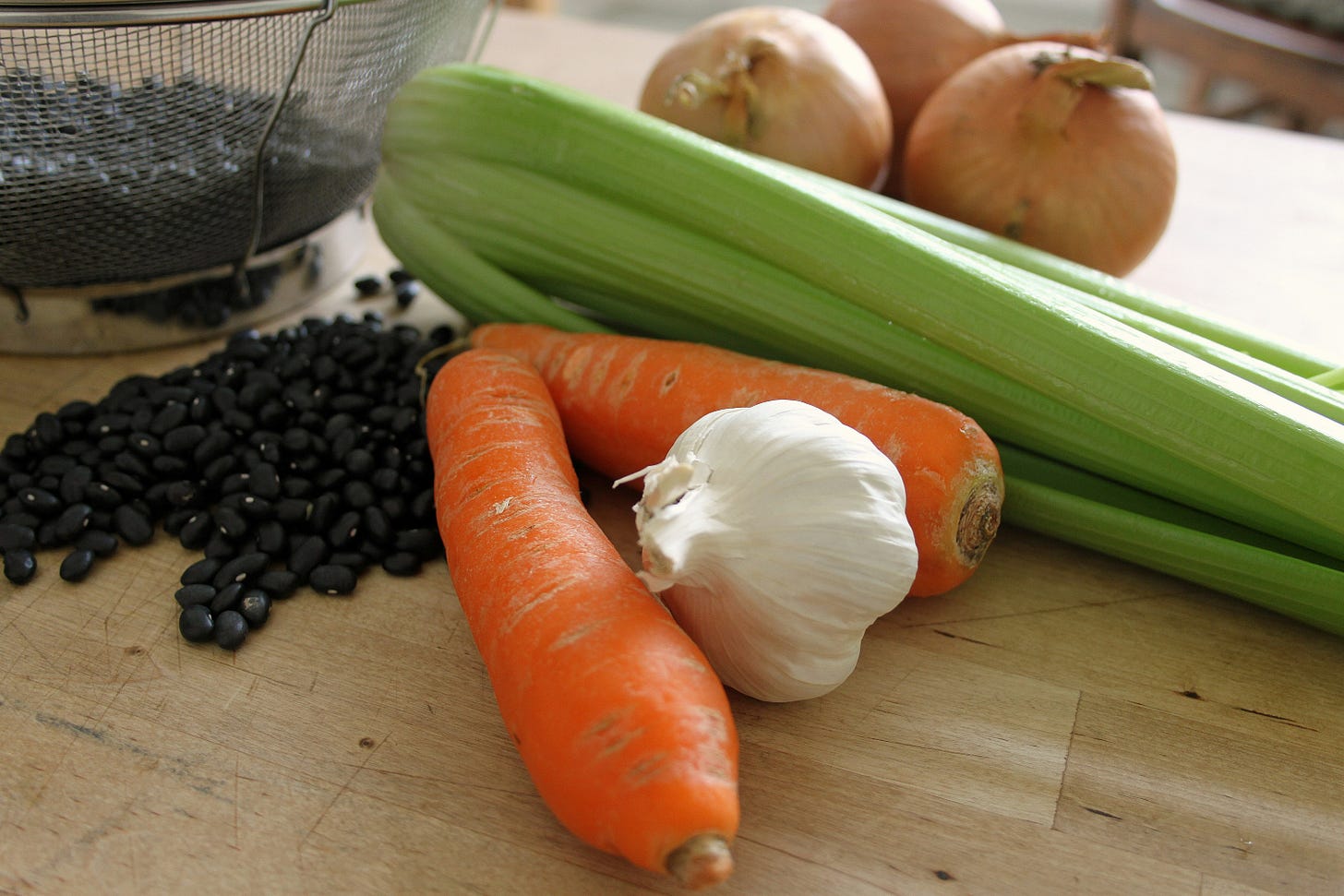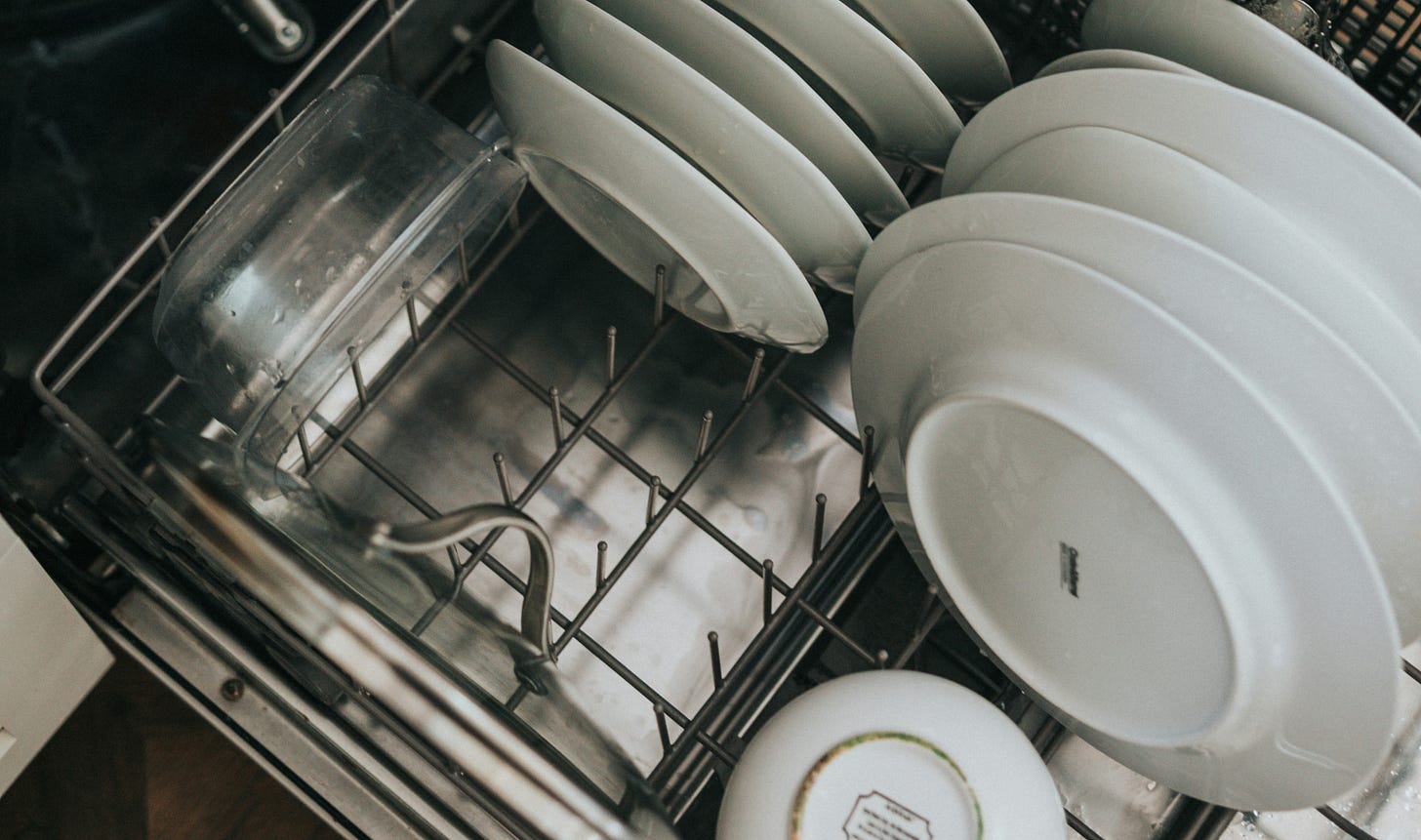Blaming Alex
A story about Elul and character growth, for children ages 6-8, with a recipe.
Alex slammed the kitchen door as he came inside. “It’s not fair!” he griped to his oldest sister, who was peeling carrots by the sink.
“What’s not fair?” Yael asked.
“I’m the best player, but Coach made me sit out the whole practice. Luke’s terrible, but he got to play a lot.”
“Why?” Yael looked at him, tipping her head.
“Coach just doesn’t like me.” Alex threw his jacket on the floor and pulled off his shoes, dropping them where he stood.
Yael picked up another carrot and trimmed off the ends. “What did he say?” She reached for the carrot peeler and stared at him, waiting for his answer.
“He said I’m not a good team player. But I’m the best!” Alex stomped off. She heard him going upstairs to his bedroom and waited for the slam of his door.
She looked at his jacket and shoes, then at the clock. Mom would be home from work soon with the younger kids. She hated coming home to a messy kitchen. Yael sighed, then hung Alex’s jacket on a hook by the back door. She put his shoes on the bottom stair.
She went back to the counter and picked up the peeler. She wrinkled her forehead, thinking hard. Then she put the peeler down. “Alex,” she called, “Come on down and have a snack. There are cookies.”
Alex practically jumped down the stairs. “Cookies! Great!” He grabbed a glass and poured some milk, then opened the ceramic penguin cookie jar and grabbed a couple of the treats.
“I learned something interesting today,” Yael said. “It’s the month of Elul, and we are supposed to be thinking about our behavior during the year. We need to fix it before God writes His plan for our new year in His book.”
Alex sat on one of the stools by the kitchen bar and set down his cookies. “Like what?”
“Well, remember when someone spilled the orange juice? It was everywhere, and Mom got really mad?”
“Yeah,” said Alex. “She thought I did it. I got extra chores that week.”
“Well, I never told the truth. I spilled it, rushing to answer my phone, and forgot to go back and clean it. I never told her and I never apologized to you. It was easier to lie and let her blame you. So now I’m telling you I’m sorry, and I’ll tell her.” She took up the knife and started slicing the carrots into rounds. “Do you ever blame the wrong person?”
Alex took a bite of cookie and a sip of milk. He let the cookie dissolve in his mouth as he thought. “No.” He shook his head.
Yael bit her bottom lip. Squinting, she stared at her brother. Then she shook her head. “Oh well,” she said, “I thought what I learned was interesting.” She checked her recipe, then put oil and spices in a glass dish. She put the dish in the microwave and set the time.
“So did Coach say why you weren’t a good team player?” she asked.
Alex reached for another cookie. “He said I never help clean up or put stuff away after practice.”
“Is that true?” Yael asked, looking at his jacket.
“No! I clean up after myself!”
Yael rolled her eyes, but Alex was focused on his second cookie and didn’t see. “What about other stuff?” she asked. “Stuff that you didn’t leave there?”
“That stuff isn’t my job! It’s not my fault if kids leave water bottles or other stuff around! Picking them up should be their job, or Coach’s!”
“Today, when you got home, you dropped your jacket on the floor and left your shoes near them.”
“I was mad.”
“But I picked them up and put them away so the kitchen wouldn’t be messy when Mom gets home. It’s not my job.”
“I was upset! Don’t blam…” Alex put his milk glass down. and started to brush cookie crumbs off his shirt and onto the floor. The he stopped. He looked all around the room except at his sister. “I see what you mean,” he said slowly.
The kitchen was quiet for a moment. The only sound was the knife cutting carrot rounds. Then Alex sat up straight. “Explain again what we’re supposed to do before Rosh Hashana.”
“This month we’re supposed to fix what we’ve done wrong and promise to do better,” Yael said. “When we do this, God is happy with us. Hopefully He will write good things for us in His Book of Life. I thought about the way I pretend I didn’t screw up or even blame others when I do wrong things. I’m not going to do that anymore. It hurts them and makes God unhappy with me.” She took a stalk of celery and started cutting it into strips. “And it makes me feel bad inside, too.”
Alex finished his milk. He rinsed out the glass and put it in the dishwasher. “At the next practice I’ll pay attention to the neatness. I’ll help keep the field and gym tidy for others.”
Yael grinned. “And?” she asked.
Her brother stuck out his tongue. “And I’ll try to hang up my jacket and put my shoes away. Does that make you happy?”
Yael grabbed him and gave him a big hug. “Alex, you’re the best.”
Spicy Moroccan-Israeli Carrot Salad
4 - 6 servings
1 pound of carrots (4 large or 5 medium), peeled and cut in ¼ in. thick rounds
3-4 Tbsp. olive oil (or vegetable or coconut oil)
2 cloves of garlic, crushed or grated
½ tsp. cumin
½ tsp. paprika
¼ tsp. smoked paprika, optional
½ tsp. salt
2 Tbsp. fresh lemon juice
¼ cup chopped parsley, mint, or cilantro (or mixture)
Directions:
In a glass or microwave-safe dish, put the olive oil, garlic, spices, and salt. Stir. Microwave for 30 seconds.
Add the sliced carrots and lemon juice. Mix well.
Cover with plastic wrap, making sure the wrap does not touch the carrots. Make 6 slits in the plastic with a knife, or if the pan has a vented lid, open the vent. Microwave on high (1000 W) for 5 minutes.
Remove from microwave. Lift a back corner of the plastic wrap (away from your face) and let out the steam. Stir the carrots.
Replace the lid and repeat until the carrots are almost tender; they will probably take about 12-13 minutes total. They should be crunchy-tender.
Add the chopped herbs. Cook for another 2 minutes.
Cool to room temperature or refrigerate before serving.
For Parents, Teachers and Others
This story, like many of mine, is a teaching story. In American literary culture, children’s stories are supposed to be mostly for fun. Any lesson or moral is supposed to be hidden for children to feel, perhaps, but not clearly put forward. In Jewish culture, however, teaching stories are important and the lessons are clear—often actually reiterated at the end of the story, in case the reader missed the point. As a teacher I learned that few young children appreciate subtlety in stories and that the theme or “story behind the story” is often missed completely. As university literature profs will attest, even many college students have trouble understanding the “deeper meaning” or themes of what they read.
This story provides a bite-sized explanation of one aspect of the character-development work that we Jews are encouraged to do during Elul, the month before the New Year and Day of Atonement, when God decides on our fate for the new year. A much longer explanation of Elul and Jewish forgiveness will appear next week as my For Adults essay.
I hope that this children’s story is both enjoyable and helpful to children, and that parents and teachers can find something useful in my explanation, can maybe learn something about Jewish practice that they find helpful in some way.






Hanna, this was an awesome story. Everything about it !
And it leaves you hungry! Great bite sized reading.